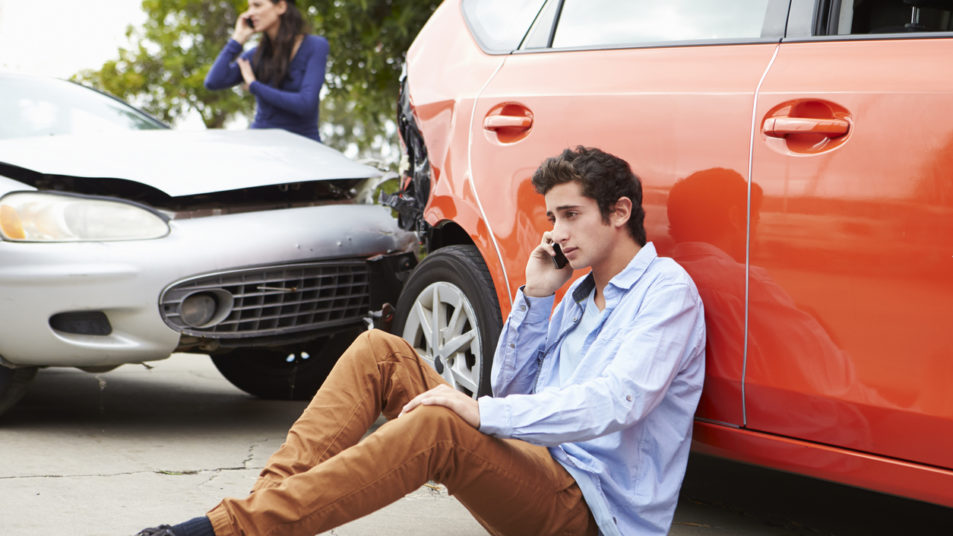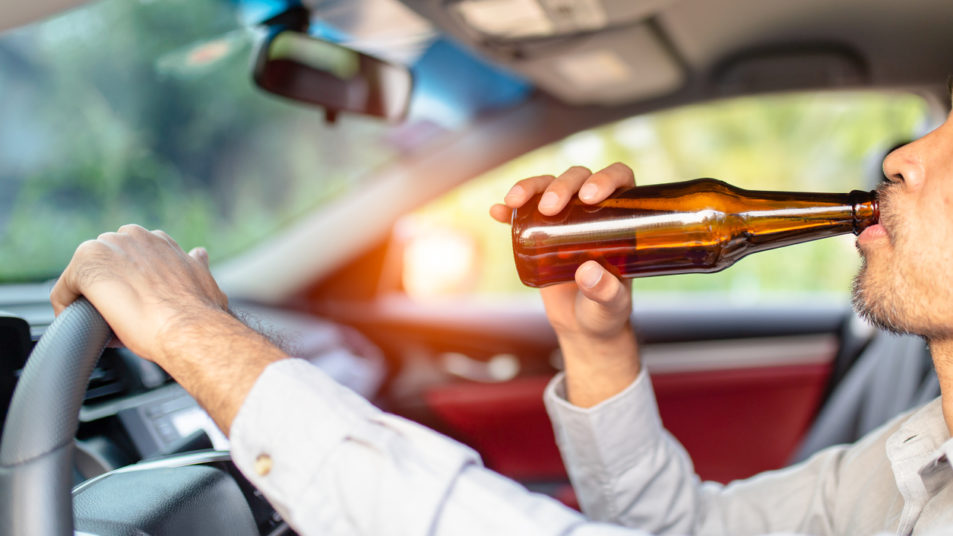Can You Sue for a Car Accident If You Are Not Hurt?
Although it might surprise you to learn, you can sue for a car accident if you are not hurt. But in many cases, you will not need to file a lawsuit to recover your damages. The time, effort, and money put into a lawsuit will not justify the damages you recover in these situations.
There are a few narrow circumstances in which you might file a lawsuit without an injury. The decision to file a lawsuit over damaged property will depend on the property in question and the at-fault driver’s assets.
Here is some information about the situations in which you might sue for a car accident, even if you weren’t hurt.
How Car Insurance Works
Car insurance in California includes bodily injury liability (BIL) insurance and property damage liability (PDL) insurance.
Bodily Injury Insurance
In California, bodily injury liability insurance covers people injured in an accident caused by the insured party. After a car accident in California, all of the accident victims file a claim against the at-fault driver’s BIL policy.
The insurer investigates who caused the accident. As a result, the accident victims may find themselves searching for an “auto accident lawyer near me” early in the claim process because everything hinges on proving liability for the accident.
Property Damage Insurance
Every state requires property damage liability (PDL) insurance. The limits of these policies vary from state to state. For example, California requires every registered vehicle owner to carry at least $5,000 in PDL insurance.
PDL insurance pays for the cost to repair or replace property damaged by the insured. In most cases, the damaged property will consist of a vehicle. But PDL also covers the repair or replacement of your fence or tree if a negligent driver hits it.
You rarely need to search for a “car accident lawyer near me” for property damage only (PDO) accidents. Instead, you will file a damage claim against the driver’s PDL insurance.
How Much Can Someone Sue for in a Car Accident?
Your damages for property damage include the cost of repairing or replacing the property. For example, you may find yourself wondering, “Someone totaled my car. Can I sue?” In short, you can. However, you’ll usually start by filing an insurance claim.
When you file an insurance claim for property damage, the claims adjuster will:
- Inspect the damage
- Collect repair estimates
- Set a value for your vehicle
- Offer a damage settlement
Even if your car gets totaled, the at-fault driver’s insurer can estimate its replacement value. Because the adjuster bases the estimate on objective sources like Blue Book values, you can usually negotiate a fair payout without filing a lawsuit.
When Could You Sue for a Car Accident Without Getting Hurt?
Occasionally, you might sue for a car accident without getting hurt. This usually happens because something has gone wrong with the insurance claim process.
Some scenarios where you might sue rather than settle include:
You Were Hit By an Uninsured Driver
If the person who hit you did not have insurance, you must negotiate compensation with the driver. In many cases, you will need the extra leverage of a lawsuit to get the at-fault driver to pay your damages.
Your Damage Exceeds the Policy Limits
If the value of your property exceeds the at-fault driver’s PDL limits, you may need to file a lawsuit to make up the difference. This can happen if you have:
- Expensive property
- Vintage property
- Custom property
Bear in mind that this situation could happen even if you do not drive a Lamborghini. A van customized to include a wheelchair lift could easily exceed California’s PDL minimum of $5,000.
Claiming Compensation Without an Injury
Most injury lawyers will help clients file a PDL claim along with a BIL claim. If the case does not settle, the injury lawyer will include the property damage in the injury lawsuit.
But fewer lawyers are willing to act as your auto accident lawyer without an injury. The damages in these cases rarely justify the lawyer’s fee. Instead, you will often receive a better outcome by negotiating with the at-fault driver’s insurer.


